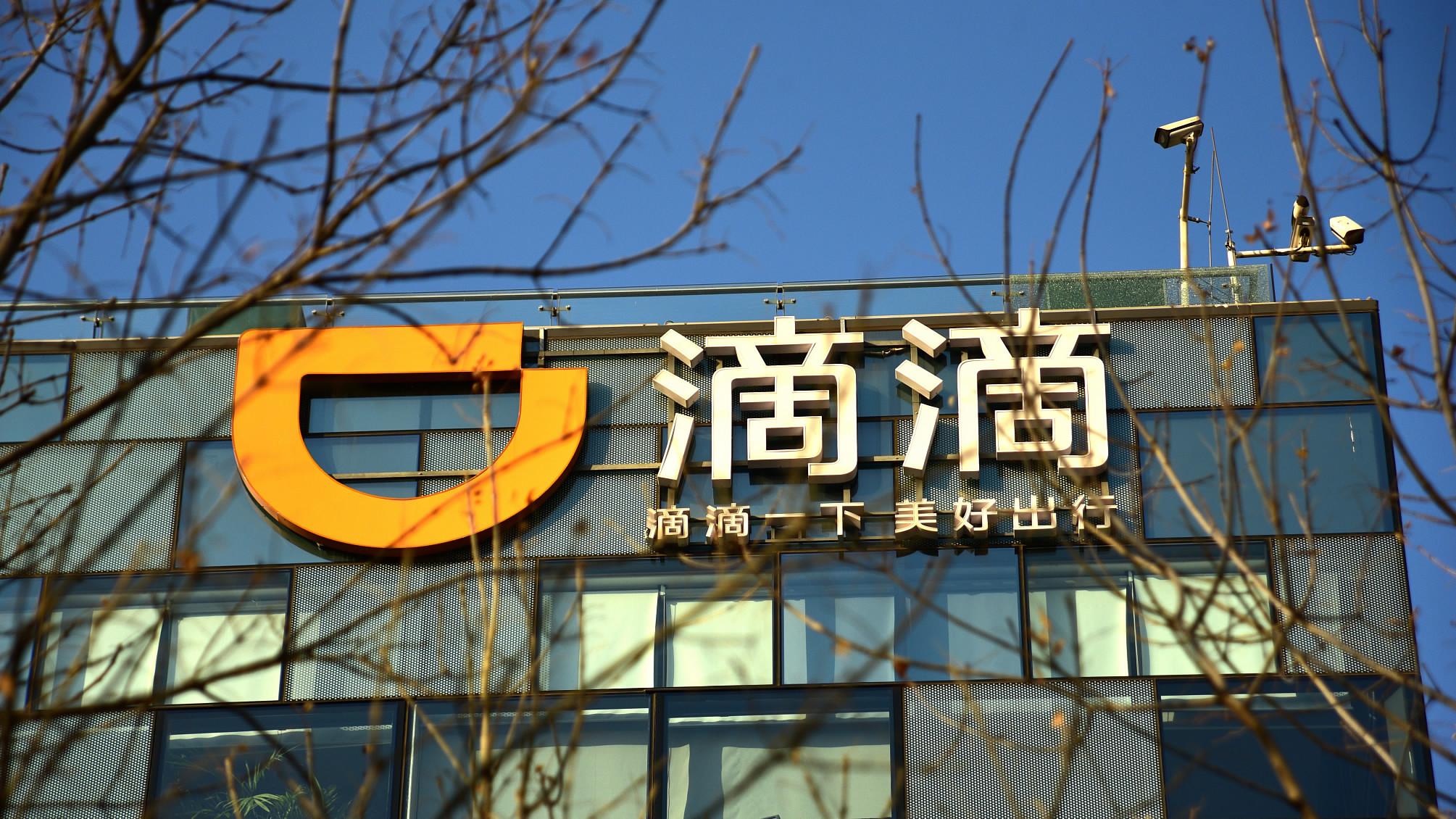
AI
20:13, 31-Jan-2018
Didi turns to AI to boost smart transportation push

Chinese ride-hailing giant Didi Chuxing has said it is now focusing on artificial intelligence and smart transportation innovation, as it attempts to expand its booming shared mobility empire into more fields and gain momentum in emerging industries.
The company officially launched its AI Labs in Beijing last Friday, marking its latest step in expanding its research into AI-driven innovation, attracting top AI experts and boosting the development of smart traffic technologies.
The move came shortly after the Beijing-based startup unveiled an integrated solution for smart city traffic management last Thursday. The technology employs traffic data collected from Didi's platform and data resources from local governments and business partners.
"Didi will not only build a comprehensive mobility platform to connect passengers and drivers, but also aims to become a smart transportation solutions provider in the future," Cheng Wei, founder and CEO of Didi, said on Thursday at a smart transportation forum in Beijing.
With a team of more than 200 AI scientists and engineers, the company's new AI research lab will be led by Didi's vice-president Ye Jieping. It aims to address transportation-related challenges with a focus on natural language processing, computer vision and deep learning, among other areas. Didi said it has plans to further expand the new hub this year.
The company currently operates three AI research labs: its new AI Labs, Didi Research Institute in Beijing and Didi Labs in Silicon Valley of the United States.
"The new AI Labs is dedicated to being a leader in driving cutting-edge transportation and mobility technologies, as well as a generator of AI talents," Ye said.
He added that the new facility will also promote more AI applications in smart mobility scenarios, such as the Didi Smart Transportation Brain that helps to improve traffic flow efficiency in urban areas.
Zhao Xiang, an analyst at Beijing-based internet consultancy Analysys, said by setting its sights on AI and smart transportation, Didi aims to transform itself from a simple mobility service provider into a technology company that offers big data and AI-driven services.
"Once the company is able to connect people, cars, roads, traffic lights and even the whole traffic system, the platform will generate a large amount of data. Thus Didi's future is of huge potential, especially in how it monetizes those services," Zhao said.
Last year, Didi identified smart transportation as a new strategic direction, offering a wide range of smart transportation products and services for more than 20 cities nationwide, such as smart traffic lights and reversible lanes, to relieve traffic jams.
In Jinan, capital of Shandong Province, smart traffic signals have been installed on 344 intersections. The solutions have saved more than 30,000 hours of daily travel time for local residents, Didi announced.
Cheng said he believes the company will embrace an intelligent, shared and new energy transportation future.
"In the next 10 to 20 years, transportation will transform into an integrated system that enables a central smart city brain to serve drivers, car owners, passengers as well as the entire city."
Raymond Wang, a partner at Roland Berger China, said as smart transportation area does not currently have a clear profit model, Didi's investment in smart traffic was more about demonstrating its willingness to cooperate with the government.
At the moment, the company provides a full range of app-based transportation options for over 450 million users nationwide, including taxis, express and premier options, car rental, enterprise-focused and bike-sharing services. With over 21 million drivers and car owners, the Didi platform offers 25 million daily rides.
Source(s): China Daily

SITEMAP
Copyright © 2018 CGTN. Beijing ICP prepared NO.16065310-3
Copyright © 2018 CGTN. Beijing ICP prepared NO.16065310-3